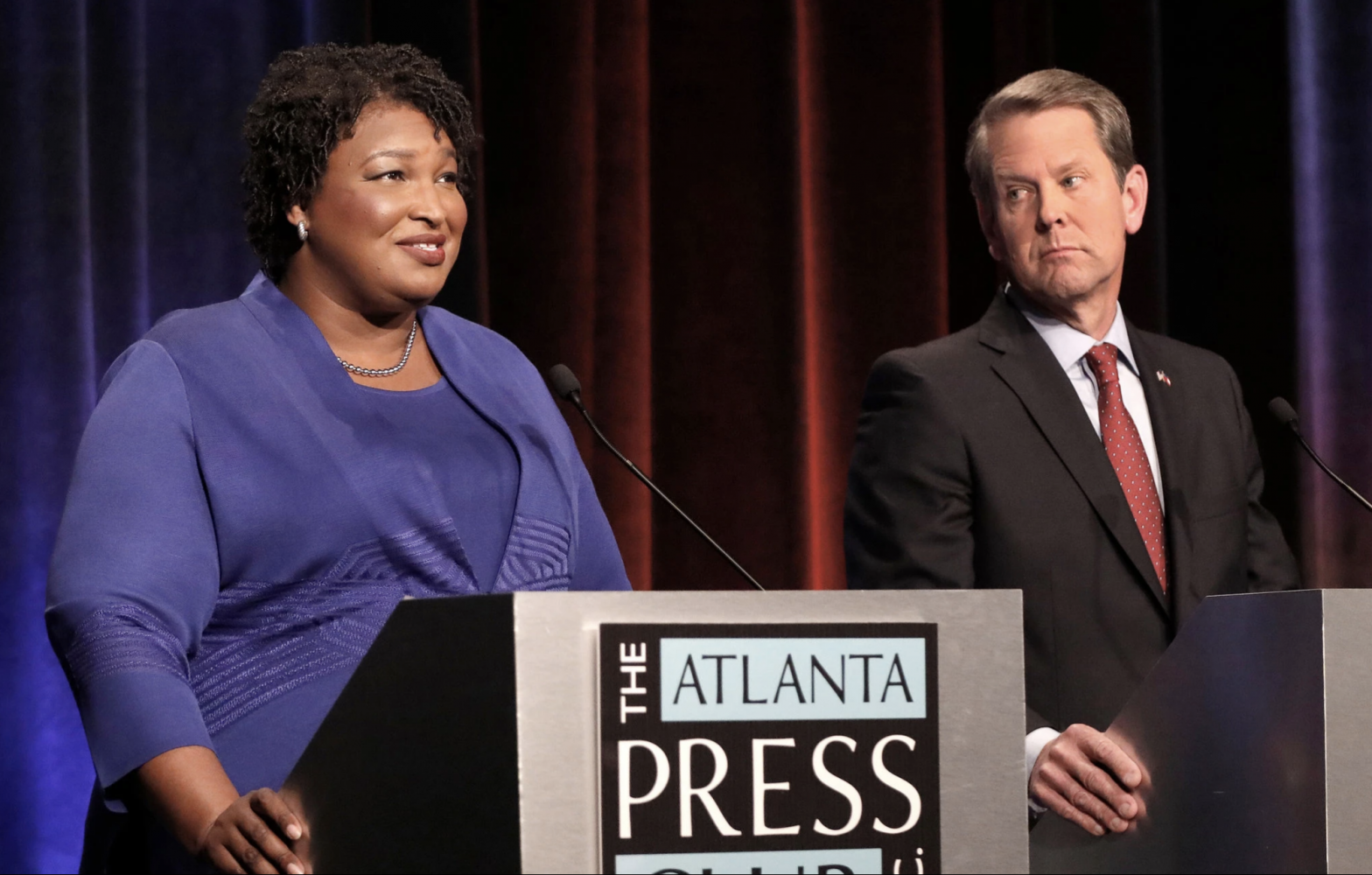In Federalist 10, James Madison cemented a bedrock American legal principle with the following statement: “No man is allowed to be a judge in his own cause, because his interest would certainly bias his judgment, and, not improbably, corrupt his integrity.” Yet, in Georgia’s recent gubernatorial elections, Republican candidate Brian Kemp, by serving as Secretary of State – the chief officer in charge of overseeing the elections – unquestionably ran afoul of Madison’s intentions when drafting our government structure. As a result, the race was marred by troubling allegations of voter suppression, including purged voter rolls, decreased polling places, and rejected ballots. The moral legitimacy of the election rotted.
Congress needs to act to ensure that such a conflict of interest is never allowed to subvert the norms of democracy again. The Constitution (and its so called “Guarantee Clause”) allows, perhaps even insists, that Congress pass a law requiring that secretaries of states resign from their positions before running for other statewide elected offices.
The Guarantee Clause refers to Article IV Section 4 of the Constitution, which established that “the United States shall guarantee to every State in this Union a Republican Form of Government.” At the founding of the United States, the framers generally understood these words to mean that no state could have an undemocratic government–no monarchies, no autocracies, no aristocracies, nothing but republics. The federal government had the responsibility to ensure that every state complied.
Prior to the Civil War, elected officials drew upon this power only when forming new state governments. But, during Reconstruction, Republican lawmakers invoked the clause to justify federal laws that reshaped previously existing governmental systems in Southern states and laws that required these states to ratify the 14th Amendment before being seated in Congress. The legal reasoning for these congressional actions was that post-war Southern governments, dominated by a white, landed recently slave-owning oligarchy, weren’t truly democratic and never would be unless they ratified the 14th Amendment. Thus, lawmakers could use the Guarantee Clause to reshape the Southern electorate into a more “republican” form.
Since around 1870, enforcement of the Guarantee Clause has been a bit of a taboo in Washington, where Congress has preferred to use other lines in the Constitution to enact electoral protections. On matters of race, sex, or other discrimination in voting, for example, representatives have used the 15th and 19th amendments as well as the Equal Protection Clause of the 14th Amendment. These pieces of text, however, have proven insufficient to preserve more generally “republican government” irrespective of identity-based discrimination. The Guarantee Clause, on the other hand, holds promise. It is as a viable untapped fountain of power–even for less severe situations than the ultimate evils of the Civil War. And there is nothing legally binding that prevents Congress from using it if they identify undemocratic practices in the states today.
Prior to Election Day, former President Jimmy Carter, citing his past work observing “doubtful elections”, pleaded in a letter for Kemp to tender his resignation from his position as Secretary of State. By observing his own election, Carter argued, Kemp violated “the most fundamental principle of democratic elections – that the electoral process be managed by an independent and impartial election authority”. Carter’s concern for the security of Georgia’s democracy were echoed by millions of people nationwide, many of whom would later applaud Stacey Abrams for refusing to concede that the Kemp’s victory was the result of a fair democratic process given Kemp’s conflict of interest overseeing the election.
Allowing a candidate to oversee their own election is incompatible with a “republican government;” Madison, Carter, and millions of Americans agree. As a result, Congress has the grounds to invoke the Guarantee Clause once more. If it can be proven that those overseeing their own elections are likely to corrupt the results, and Congress does not have the power to act prophylactically against them, the Guarantee Clause is an empty protection.
If anyone tried to challenge congressional action on this issue in court, they would be hard pressed to achieve legal victory. That is because the Supreme Court has ruled that it cannot hear cases on the Guarantee Clause–Congress likely will have the final say. In an Antebellum case, Luther v. Borden (1849), Chief Justice Taney argued that the power to invalidate a state government based off of this constitutional ground was too mighty and political in nature to be held by an unelected body like the Court. The Court, therefore, ceded the exclusive power to enforce the Guarantee Clause to Congress and the Presidency. The case remains a precedent today and has been reaffirmed in subsequent years. While some have argued that in recent cases, the Court has attempted to slowly make the Guarantee Clause justiciable once more, as it currently stands, it officially is not. And if anyone challenged Congress’s use of this power in court, that court would have to overturn long standing precedent should it not want to defer completely to Congress on the issue.
Critics will note that a law regulating the election processes of states would violate the principles of federalism and states’ rights many hold dear. But in a country with a history of state voter suppression, it has generally been understood that voting and elections are rights that can only be fully protected by federal and constitutional protections from state action. The federal government has a long history of protecting voting rights–including the Voting Rights Act of 1965, 15th Amendment, 19th Amendment, 24th Amendment, and 26th Amendment.
Congress has a mandate to ensure nobody could ever abuse the Secretary of State office again like Kemp did. We have the tools to improve our elections going forward.

